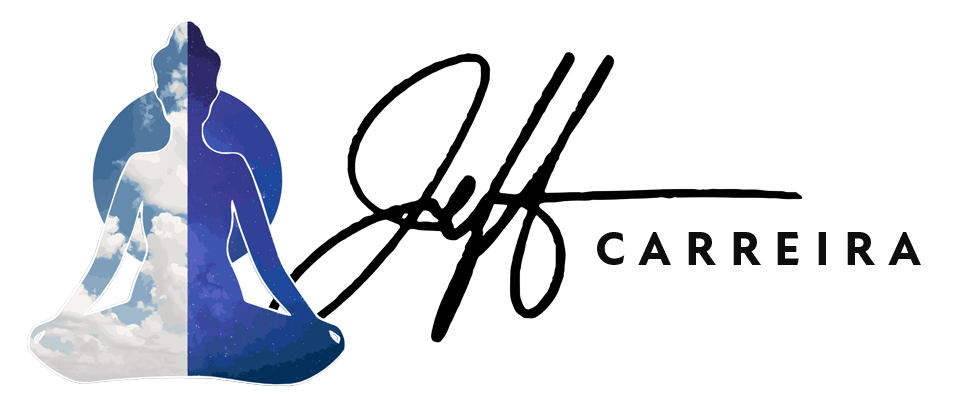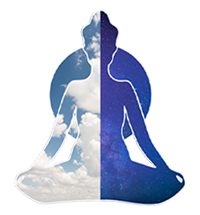We live in a conceptual world. That means that we perceive concepts. For example, I am sitting in a coffee shop writing. As I look around I see tables and chairs, coffee cups and croissants, baristas and plants. All these are perceptions of concepts. I don’t see objects, I see ideas.
Our five senses make contact with the world through sensations. We perceive feelings, sounds, tastes and scents. We don’t perceive coffee cups or croissants. I perceive the coffee cup sitting on the table in front of me as a collection of sensations. I see redness and roundness, I feel smoothness, I smell bitterness. My mind takes these sensations and concludes that they must add up to the existence of a coffee cup.
You could say that the world of croissants and baristas is a second order reality. The first order reality is the reality of sensation or what you could call the sensational world. The second order reality is the reality of concepts or the conceptual world.
When we say that we live inside a paradigm one of the things we mean is that we live inside a conceptual world that is defined according to specific agreed upon lines of distinction.
If you look at the lines of distinction that define our world you will see that they are drawn according to the dictates of human convenience. For a human being it is useful to recognize croissants because they are the right size for us to eat.
If we were a micro-organism with powers of conceptualization we might not even see croissants, we would live in a completely different conceptual world that was carved according to lines that were convenient to us. If we were self-aware planets we might not see croissants either.
The conceptual world that we live in is generated by us consciously or unconsciously for our convenience.
One of the reasons that the coffee cup on the table in front of me is so easily distinguished as object is because my eyes only see a narrow band of the electromagnetic spectrum. We see light but we don’t see heat. Heat is generated from infrared rays and some animals like snakes actually see it. They see heat.
Bees see in the ultraviolet range of the electromagnetic spectrum so the flowers they see are very different than ours. In fact there are at least thirteen colors that we know other life forms can see that we can’t.
Now try this. Can you imagine a new primary color. Not a new shade of the existing colors that we already know of, but a truly new primary color. You can’t really do it. Our imagination is limited by the perceptual limits of our bodies. We not only live in a conceptual world. We live in a human conceptual world.
Look around you right now. You are seeing a human world. It is a conceptual world in which the objects that you see, feel, taste, touch and smell are defined by lines of distinction that are limited by our human sense organs. Among all of the objects we have the biological capacity to sense we further limit our world along lines of convenience. We tend to sense only those things that are useful to us.
It is convenient to see coffee cups if we want to drink coffee. It is valuable to see croissants when we are hungry. Here is another experiment. Go to a place you have been many times before and notice something you’ve never noticed before. I am in the same coffeeshop that I have been in hundreds of times and I never noticed that fire alarm switch on the wall. I never needed one, so I never looked for one and so I never saw it.
How many things are there in the world that as a species we don’t have any need for and so we don’t even see. How much of the world is invisible to us because it isn’t valuable to us. The devastation of climate change is largely occurring because as a species we have such a profound impact on the world at the very same time that our perception of the world is being filtered through a lens constructed from our own needs.
The delicate balance of our planet depends on the harmonious interplay between all forms of life. If we start to transform the world to fit our needs at the exclusion of the needs of other life forms we shift the balance and the processes that maintain life on this planet begin to fail.
The question that we as a species must ask is this, “Can we shift out of our profoundly human-centered paradigm into a conceptual world drawn along lines of distinction that are not exclusively convenient to us?” Can we move into a ‘more than human’ perception of reality?
Many of us are at least beginning to think on a world scale, but a shift in paradigm is not merely a cognitive shift. It must be a perceptual shift. It is not enough to understand what is good for the world, we have to see along lines drawn according to what is good for the world.
As we move beyond our currently human-dominated perspective the world will change. It will open up to us in new ways. We will live in a different world. There will be options that present themselves to us that simply do not exist in the world we live in now.
After decades of spiritual practice I have had more experiences beyond the current human-centered conceptual paradigm than I can even remember. For times, sometimes brief, sometimes longer, I have lived in a different world. I have seen things that I could never see before and have understood things that I could never conceptualize previously.
It is impossible to describe these experiences once we return from our journeys beyond the human world. There are simply no words that can do it justice. It is like trying to describe a primary color.
The memories that remain of these spiritual episodes can be misleading because what they convey is so distant from the majesty that was experienced. Memory is about as useful at capturing the fullness of spiritual revelation as postcards are at capturing the experience of exotic locations.
Yet we are left with something. Having journeyed beyond the human-centered perception of reality we have seen firsthand that there are worlds beyond the one we know. We recognize that the universe is bigger than the human eye can see.
We are also left with the distinct recognition that we are more than merely human in the ordinary sense of the word. Not only is reality bigger than we can imagine, but we are bigger than we can imagine. Our current conceptualized self may not be able to enter into the fullness of the reality, but that self-concept is not the limit of who we are. Our concept of ourselves is a product of the current human dominated paradigm, but we are not. Our journeys beyond the world we know show us that there is much more possible for ourselves and the world than we ever have or even could dream of.
Our capacity to embrace the possibility of shifting into a different paradigm depends on our recognition of the profound depth to which our concepts are real. We live inside of concepts which are stories about what is real. But these stories are not just mental descriptions of real things. They affect how we experience and respond to reality. They are an part of the fabric of reality. If we live into different stories about reality we live into a different realities.


